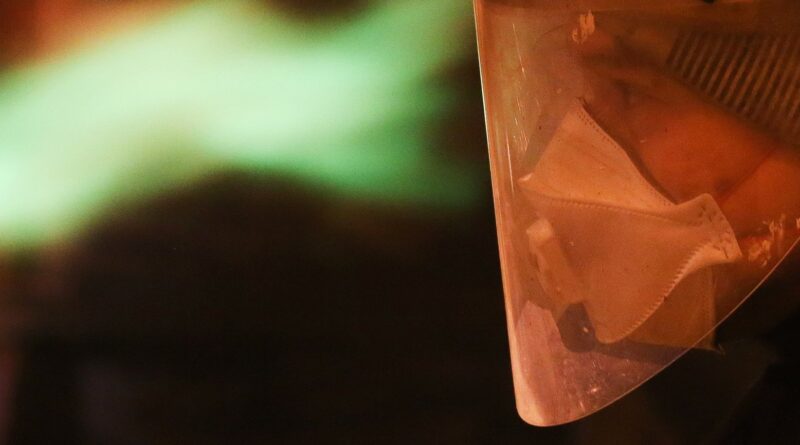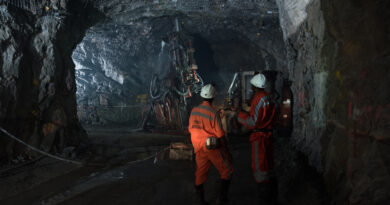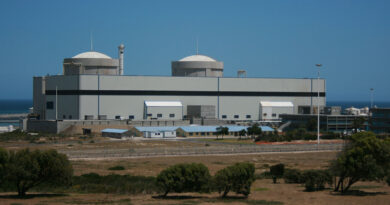Coronavirus pandemic changes mining and metallurgy
Like all global industries, mining and metal industries are being affected by the COVID-19 virus. Commodity companies are facing myriad challenges, depending on the varying pace of the epidemic in different countries, and the responses of governments around the world.
Tom Butler, the Chief Executive Officer at the International Council on Mining and Metals, says: “To say we live in unprecedented times is an understatement. An example of just how uncertain life has become was evident during the early stages of the pandemic.
“Back then, during a daily crisis management meeting, an International Council on Mining and Metal’s (ICMM) member acknowledged to his senior team that a major project might have to close ‘in about a week’s time’. That operation shut just a few hours later, such was the rapid evolution of the crisis.”
Around the world, governments and companies have had to act swiftly and are, in some cases, still being tested to their limits. All have had to respond while grappling with the twin challenges of managing public health and the need to revitalise the economy.
For the most part, governments have acknowledged the pivotal role mining plays around the world. Not only does the industry provide jobs and security in the countries and remote communities that depend on it, but its products are at the start of the supply chains that feed almost all aspects of everyday life — from agriculture and healthcare to energy supply and transport.
The mining sector’s response to this pandemic has been swift and aligned, as it sought to meet these needs while protecting the health of employees and the wider community. In many cases, ICMM’s members have used their experience of dealing with previous health epidemics, such as Ebola, to roll out existing infectious disease management plans.
That background enabled them to adjust quickly to implementing social distancing, testing and the use of additional personal protection equipment on site.
Mining companies have also been supporting local communities by providing assistance to support livelihoods, such as food and water supplies, school equipment and, in some cases, even hospitals.
They have also put in place safety measures to protect the communities around them. To support their own suppliers, companies have been offering credit or easy payment terms. Further assistance has been provided through donations to aid responses by local governments and non-governmental organisations.
Because of the complex nature of the work and the sometimes remote locations in which these operations take place, the mining industry has a relationship and special commitment to communities that is like no other sector.
This is the “social” in environmental, social and governance that is not easy to get right every time, as we have seen recently in Australia. But this goal will be increasingly important as investors and employers respond to the concerns of younger and future generations that are much more focused on issues such as equality, inclusion and purpose, all of which have been accentuated by the Covid-19 crisis.
The other big change for the mining sector will be how it carries out its work. Some chief executives have been running their companies during lockdown halfway around the planet away from their headquarters.
Companies have realised that many more employees can work remotely than they ever thought possible, including staff who previously were shuttled back and forth to remote operations.
Conferences and meetings have gone virtual, saving on travel and offering much broader access.
All of the ICMM members I have spoken to are determined to capture these efficiencies and not return to the ways of the past. Apart from the cost savings, these new methods of working offer benefits in terms of talent retention, diversity, inclusion and a reduced carbon footprint.
This has been, and still is, a terrible crisis, with many lives lost. However, severe crises force change, and in this case some of the resulting shifts will be long lasting and for the better.
Looking forward, there will be continued demand for minerals to support a greener, safer, low-carbon and more sustainable future. As we deliver on that demand, our members will continue to strive to get the balance right between protecting safety and wellbeing, and protecting jobs.




